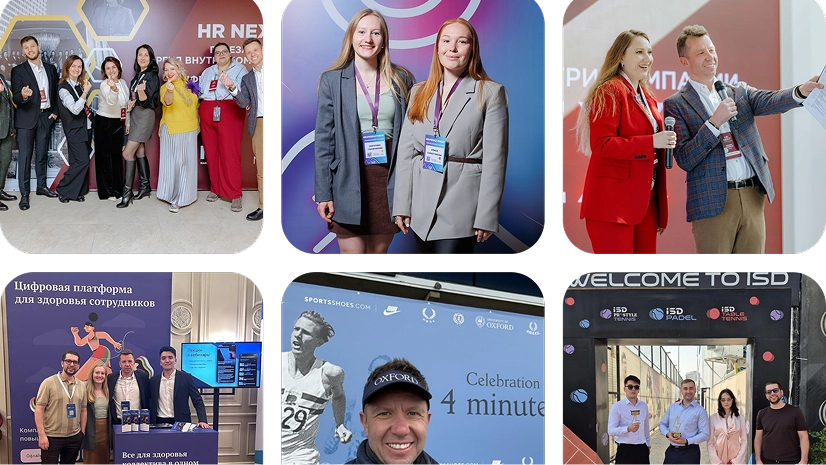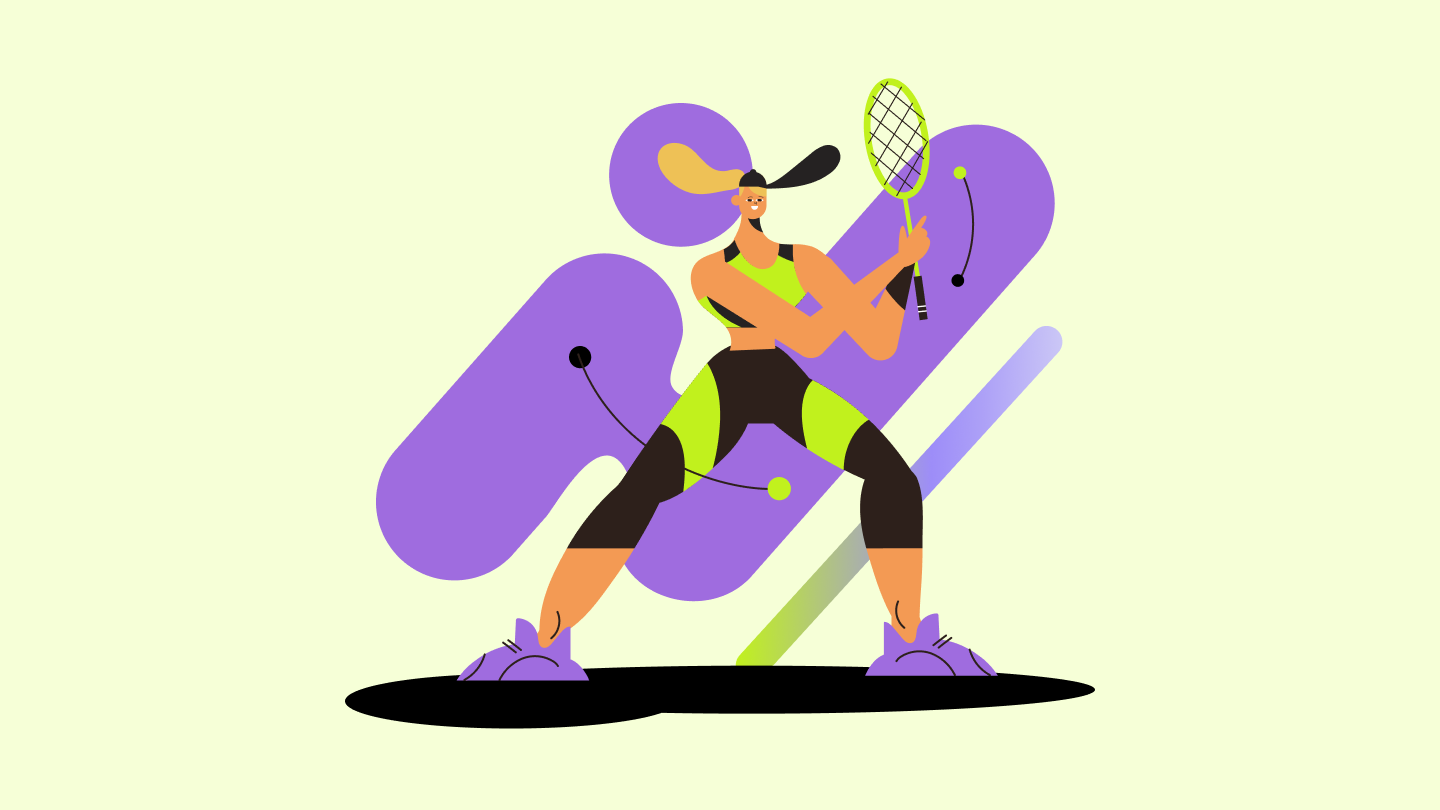My name is Maxim Zhurylo. For over 15 years, I have been working at the intersection of sports, wellbeing, and people management. During this time, I have founded several projects — from sports schools for adults to the Stayf platform, where we work with companies to develop a culture of care for employees.
The topic of happiness is not abstract for me. I studied it at Oxford and participated in research that formed the basis of the World Happiness Report. But most importantly, I have seen how sports and a mindful approach to life change the destinies of those around me.
.png)
When we talk about happiness, it is important to understand: it is not a coincidence or a "fortunate turn of events." Research shows that the level of life satisfaction is determined by a set of specific factors.
The World Happiness Report highlights six key elements:
- Economy (GDP per capita). A basic level of financial stability is important: without it, it is hard to feel secure. However, after a certain income level, it stops significantly affecting happiness.
- Health. This is not just about life expectancy, but also about its quality. When we are physically and psychologically resourceful, we feel happier.
- Social support. This is perhaps one of the strongest factors. If we have people to rely on in difficult times, we rate our lives much higher.
- Freedom of choice. The ability to make decisions about where to work, whom to live with, and what to do is directly related to the feeling of happiness.
- Generosity. An interesting fact: the level of happiness increases when we share — time, money, attention. Small acts of kindness give us a sense of involvement and meaning.
- Trust and corruption. In countries where people trust each other and institutions, the level of happiness is higher, and the gap between the rich and the poor is smaller.
These six factors explain up to 75% of the differences in happiness levels between countries. But the good news is that we can influence some of them ourselves — through health, social connections, and freedom in everyday decisions.
.png)
Kazakhstan is a special region for me. Here we are launching Stayf projects and seeing a huge interest in wellbeing.According to the World Happiness Report, Kazakhstan has risen from 43rd to 20th place in the global ranking in recent years. This is a very high result.
.png)
There is one interesting feature: the culture of social support is very strong in the country. When asked, "Do you have people you can rely on in difficult times?" most Kazakhs answer "yes." This is reflected in the rankings: Kazakhstan is among the world leaders in this factor.
At the same time, among young people (ages 18-30), the feeling of loneliness is increasing, as it is worldwide. This is a challenge for HR and employers: the workplace community can become a place where people find new connections and a sense of belonging.
Therefore, in Kazakhstan, it is especially important to build corporate practices that support friendship, team rituals, and sports. I am convinced that this is where companies can demonstrate how caring for wellbeing directly impacts business results.
To put it simply, at the individual level, three things matter:
- Physical and mental health. Even a small increase in activity makes people noticeably happier. 150 minutes of moderate activity per week — and within a month, a person rates their life higher.
- Social connections. Dinner with colleagues or friends can add half a point to the feeling of happiness. This is significant, considering that average scores worldwide differ by only one or two points.
- Meaningfulness of work. When we understand why we do what we do, we feel engaged and needed.
These factors are within our control. We can form habits, seek support, and find meaning in our work.
.png)
I personally use and recommend several practices backed by research:
- Movement every day. Walking, swimming, running, dancing — any activity works.
- Gratitude journal. Three "positives of the day" help reduce anxiety and improve mood.
- Mindfulness. Ten minutes a day reduce stress and make us more focused.
- Sleep. A regular schedule is the foundation of health and energy.
- Social rituals. Shared lunches or team activities strengthen connections.
- Acts of kindness. Volunteering and helping others significantly increase life satisfaction.
.png)
For me, sports is the main tool for wellbeing. It provides three things.Firstly, a sense of control. When you go to training despite fatigue and end up feeling better, it builds confidence: your life is in your hands.
Secondly, sports teach self-control. Like Odysseus, who asked to be tied to the mast to resist the sirens' song, we can also "tie" ourselves to goals — for example, preparing for a marathon. This helps us not to give up and keep moving forward.
Thirdly, sports show that the past does not determine the future. I know many who started from scratch and then participated in marathons and triathlons. Their example proves that our possibilities are broader than we think.

I am convinced that the employer today is a key factor in employee wellbeing. We spend a third of our lives at work. If the environment supports health and social connections, people become happier.
Therefore, I believe that wellbeing programs are not a "bonus," but a strategic investment. In some countries, such as Brazil, care for employee health is already enshrined in law. But even without laws, we, as a business, must see our responsibility.
Thus, Human Capital Days 2025 showed: the future of people management lies in systematic solutions based on science and measurable results. This is the approach that Stayf embodies. By focusing on mental health, meaningful work, and quality relationships (the main factors of happiness!) and the cycle of Diagnostics → Personalization → Engagement → Analytics, we turn care for people into real financial results.
.png)
.png)
.png)




.png)
.png)





